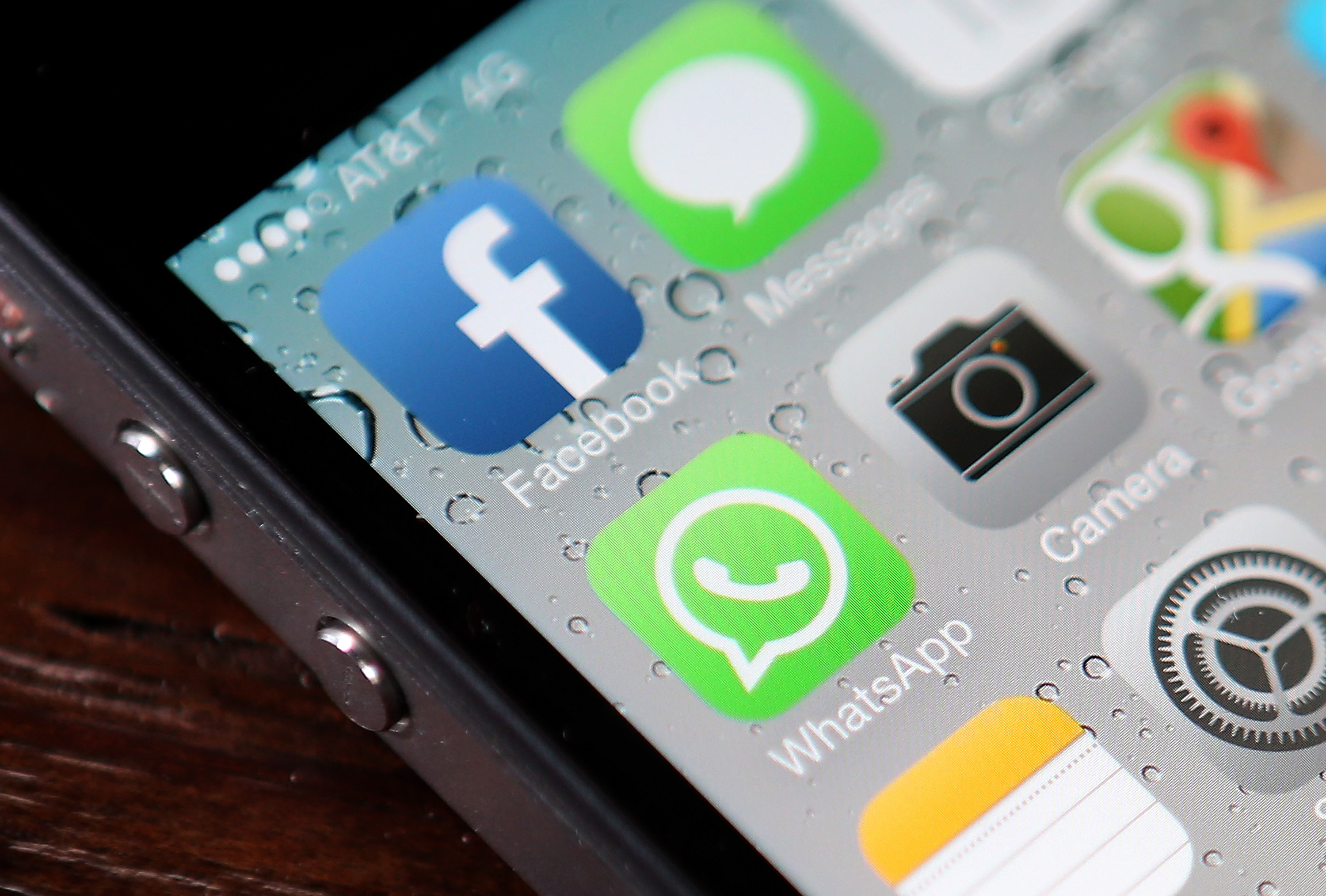Cricketers' privacy on the line, as ICC anti-corruption unit seeks to monitor messages
Cricketers suspected of corruption could be forced to hand over their mobile phones under ICC's new plans to curb match-fixing, a top Board official said. After recent allegations on South Africa's Alviro Petersen, the anti-corruption wing of the ICC has come up with this new plan.

After the spot-fixing scandal in 2011 involving Pakistan cricketers Mohammad Asif, Salman Butt and Mohammad Amir rocked the cricketing world, the dark side of the sport poked out its ugly face when Cricket South Africa charged Alviro Petersen with match-fixing.
In order to stop the players from being involved in match-fixing, the Anti-Corruption Unit (ACU) of the International Cricket Council (ICC) has come up with a plan. The special unit can currently request information from suspected players, including phone records, while cricketers also have to hand over their phones to officials before each day’s play.
“As the world changes and as people use different means of communicating with each other through social media – Whatsapp, Snapchat, all of these things – we have to keep ahead of these things,” Ronnie Flanagan, the head of the ACU, told reporters.
“One extension (of ACU powers) we might seek is that, instead of just asking for a player’s billing records, might we actually, like tennis, seek the ability to take the devices and download them to see what communications had been made upon them,” he added.
The ACU head also said that these measures should be implemented in order to thwart the fixers' attempts to reach the players and officials.
“I think there is no ground for complacency whatsoever,” Flanagan said. “These corruptors have demonstrated ingenuity and demonstrated determination to keep trying to get at players and match officials who are bound by our code of conduct.”
Flanagan explained: “Therefore we must be continually active in thwarting their intentions and we must do that by making the very best use, not just of international resources involved in anti-corruption, but also of the domestic resources involved in anti-corruption.
“And making sure we co-ordinate our efforts and share that effort across cricket, wherever it is played and at whatever levels it is played.”
Could this spell an end to players' privacy?

Comments
Sign up or log in to your account to leave comments and reactions
0 Comments